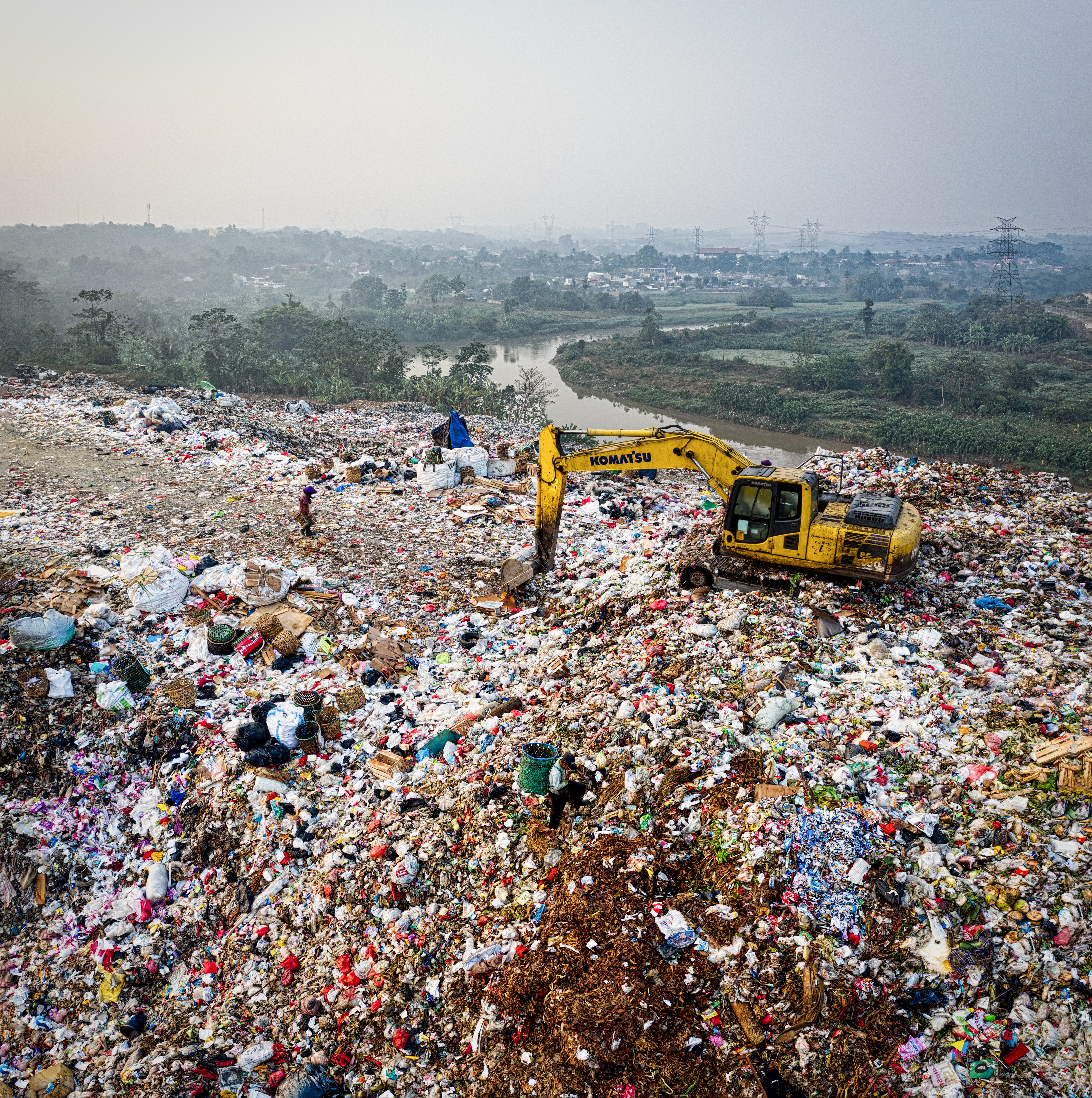
I feel ashamed at the thought that thousands of years from now our descendants may discover what I refer to as Artifacts of Unbridled Consumerism. To our progeny, these items would be seen as small components collectively representing the grand folly of our era.
At some point in the ’90s, I remember my grandmother excitedly calling my house to share that she had won a luxury car via a contest she had participated in. For weeks, we all operated under the assumption that more details about her new car were in the mail. Ultimately, what arrived at her house was not delivery details about her new car, but a television remote control holder (or “Caddy”, hence the confusion) to drape over the arm of a chair or sofa. She actually ended up using it, but I know deep down she really wished it were a Cadillac. Her pride probably never recovered.
We all regularly see what I call “trash products” out in the wild. I love absurdist comedy, and Tim and Eric, trailblazers of the art form, have highlighted how silly this flavor of commercialism is via their Cinco line of parody videos:
In the real world, these are typically the products you’d find in the aisles of a Bed, Bath, and Beyond or Family Dollar, often associated with carnival barkers hawking their wares as the solution to all that ails you (e.g. Snuggie, Slap Chop, Veggetti).
There’s even a subreddit (r/wheredidthesodago) that acts as a user-curated archive of all of the commercials for these products.
Though these products confer a promise to help bring more organization, ease, or comfort to our lives, they usually fail to deliver. These products end up unwelcome gifts, cluttering our homes and closet corners, and finally, filling our landfills. If we are going to be more conscientious about the impact our spending has on our planet, I think the first thing we can do as a species is mutually agree that buying hyped-up junk on a whim is not just foolish, but caustic to our natural world.
By their very nature, these products generally suffer from a lack of quality, so every time I see products like these, I wonder who is buying them in quantities that make developing and selling them a viable business model. I can say with certainty that I have never thought it a good use of my money.
Mind you, these are the “greater demon” Artifacts of Unbridled Consumerism. No better are the “lesser demons” found lining the walls of dollar stores. Children’s birthday party favors that break on the car ride home and then complete their long lifecycle by leaching mystery chemicals into our soil in such a way that is difficult to quantify, but undoubtedly impactful at scale.

The next time you see a product like this, think about what problem you are trying to solve, and then ask yourself if this is a problem you knew you had prior to being made the target of the marketing you were subject to.
Most of what we think we need, we do not, nor do future generations who will be forced into a janitorial role they never asked for, cleaning up after our ignorance.
Leave a Reply